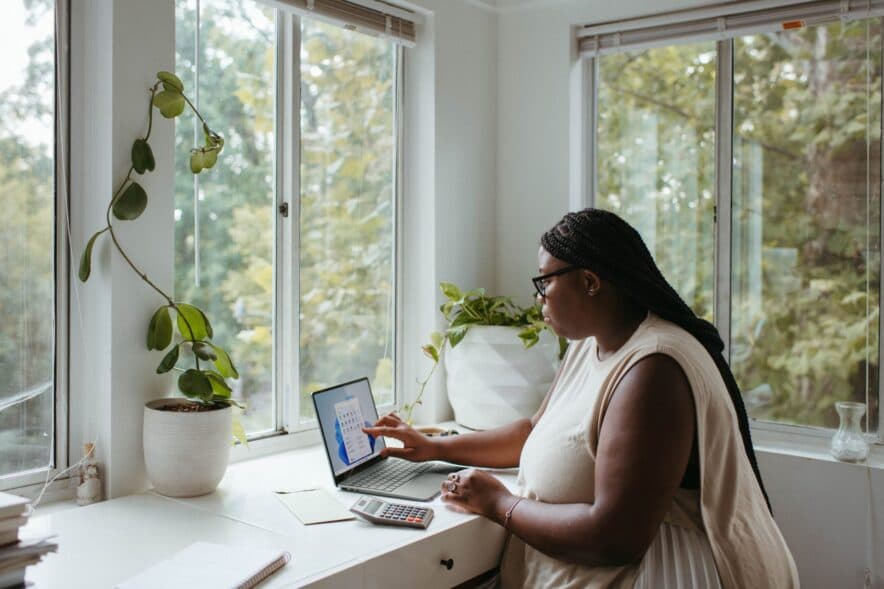Workforce
Advocacy
COVID-19
Jobs News
Employment laws need updating to reflect post COVID world, Uni SA academic argues

Freya Lucas
Sep 18, 2023
Save
Australia’s employment laws and regulations must be updated to reflect the changing nature of work, with many people continuing to work from home long after the COVID-19 pandemic, University of South Australia (Uni SA) academic Dr Ruchi Sinha argues.
Labour laws and protections should be updated to clarify issues related to work hours, overtime, and breaks in a remote work context, now that almost half of all employees are working from home at least once a week, Dr Sinha said.Her comments come in the wake of an Australian Institute of Health and Welfare (AIHW) report on the welfare and wellbeing of Australians which found that prior to the pandemic, 13 per cent of people aged 18 years and over with a job reported working from home most days, according to the ABS Household Impacts of COVID-19 Survey.
By April 2022, 46 per cent of people had worked from home at least once per week in the previous four weeks.
“The changing nature of work has brought about a need to ensure remote workers have access to the same employment protections as in-office workers and are provided the same training and development and health and wellbeing opportunities,” Dr Sinha said.
“We need to ensure that remote work policies are inclusive and provide reasonable accommodations for employees, including employees with disabilities,” she added.
“Employers should be promoting the adoption of technologies that enable people to work from home, this includes essential equipment like laptops, webcams and audio tools. Such investment in digital infrastructure and resources for remote workers should be encouraged in rural areas too, to reduce digital poverty.”
Other findings in the two-yearly AIHW report included life satisfaction, psychological distress, and loneliness among Australians.
The report found that although people’s satisfaction with life in general has shown recovery since the pandemic, it has not returned to pre-pandemic levels, with the average life satisfaction in August 2023 recorded at a 6.6 out of 10, compared to 7.5 in 2019.
The proportion of adults experiencing psychological distress has also failed to return to pre-pandemic levels, with 12.9 per cent of adults reporting severe psychological distress in August 2023 compared to 8.4 per cent in 2017.
Almost 40 per cent of Australians also report having experienced loneliness recently.
Dr Sinha says employers can play an important role in helping to promote health and wellbeing in peoples’ lives, particularly if employees are working from home.
“Employers can recognise the potential challenges of remote work on mental health and establish policies that promote wellbeing including encouraging regular check-ins between managers and remote workers, and providing access to mental health resources and support,” she says.
“It’s important too to balance remote and in-office work by considering hybrid work models that meet the needs of both employees and employers. Things like face-to-face events and meetings arranged at cafes and restaurants can help with loneliness as well as culture building.”
Access the AIHW report here.
Don’t miss a thing
Related Articles



















